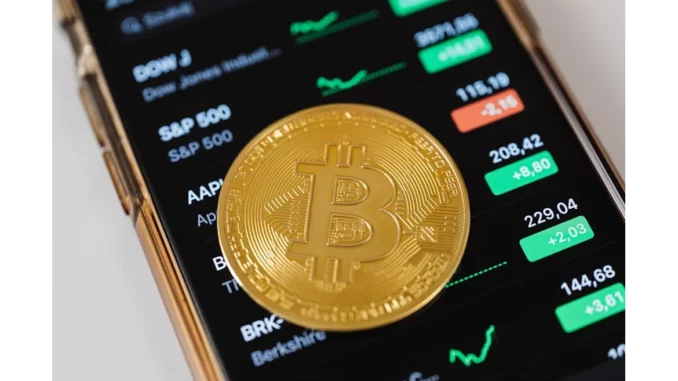
In 2021, El Salvador captured global attention by becoming the first country to adopt Bitcoin as legal tender. President Nayib Bukele has recently heralded this initiative as a “resounding success,” asserting that the nation has reaped “nothing but benefits” from this bold move. While the economic ramifications of this decision have been extensively analyzed, the social and cultural facets of El Salvador’s Bitcoin experiment present an intricate landscape worthy of deeper exploration.
When Bukele announced the adoption of Bitcoin, reactions were mixed, with excitement tempered by considerable skepticism. The notion of a nation embracing a decentralized digital currency on such a grand scale was unprecedented. For many Salvadorans, this marked an opportunity to engage with a transformative technology poised to revolutionize financial transactions. From global fast-food chains like McDonald’s to local hotels, Bitcoin transactions started to weave into the fabric of daily life for those willing to venture into this new financial terrain.
However, Bukele has acknowledged that the adoption rate has fallen short of expectations. A study revealed that only 12% of Salvadorans used Bitcoin in the past year, down from 21% in 2022. This statistic underscores a significant disconnect between the government’s vision and the public’s readiness to embrace the new technology. Despite Bukele’s optimism, highlighting the financial gains experienced by early adopters, widespread societal acceptance remains an ongoing challenge.
A particularly compelling aspect of El Salvador’s Bitcoin experiment is the voluntary nature of its adoption. “The positive aspect is that it is voluntary,” Bukele remarked to TIME. “Those who have not used it have no obligation to use it.” This approach allows Salvadorans to explore Bitcoin at their own pace, free from coercion. This voluntary model has profound implications for how societies might integrate new technologies, underscoring the importance of choice in technological adoption.
Despite the slow uptake, Bukele has pointed to several social and cultural benefits arising from the Bitcoin initiative. Bitcoin has afforded El Salvador a unique global identity, positioning the country as a leader in financial innovation. This pioneering stance has not only drawn international attention but also bolstered tourism and fostered a sense of national pride. The narrative of a small Central American country at the forefront of cryptocurrency adoption has resonated both locally and globally.
Moreover, Bitcoin has had a democratizing effect on financial participation in El Salvador. For many Salvadorans, traditional banking services are out of reach due to accessibility or affordability issues. Bitcoin offers an alternative financial system, particularly for those in remote or underserved areas. This aligns with broader global efforts to leverage technology for greater social inclusion, empowering individuals previously marginalized by conventional banking structures.
The cultural impact of Bitcoin in El Salvador is also noteworthy. The advent of a decentralized digital currency has ignited discussions about financial literacy and technological innovation. Educational institutions and community centers have initiated workshops and seminars aimed at demystifying Bitcoin and blockchain technology. This educational push has created a ripple effect, fostering a culture of learning and curiosity about emerging technologies.
Nevertheless, the experiment has faced significant challenges. Bitcoin’s volatility remains a considerable concern for many Salvadorans. The lack of widespread trust and understanding of the technology has also been a barrier to broader adoption. Despite these obstacles, Bukele remains undeterred, insisting that the hurdles are “relatively minor” compared to the overarching benefits.
Beyond the economic and technological dimensions, the Bitcoin experiment has had a psychological impact on the nation. The idea of participating in a global financial revolution has instilled a sense of optimism and forward-thinking among many Salvadorans. This psychological shift could yield long-term benefits, fostering a culture of innovation and resilience.
El Salvador’s Bitcoin experiment serves as a compelling case study in the social and cultural dimensions of technological adoption. Despite numerous challenges, the country has achieved significant milestones, from enhancing its global image to promoting social inclusion. As El Salvador continues to navigate the complexities of integrating cryptocurrency into its society, it offers invaluable lessons for other nations contemplating similar initiatives. This experiment transcends mere economic ambition, heralding a potential social and cultural transformation that could redefine the nation’s future.

Be the first to comment